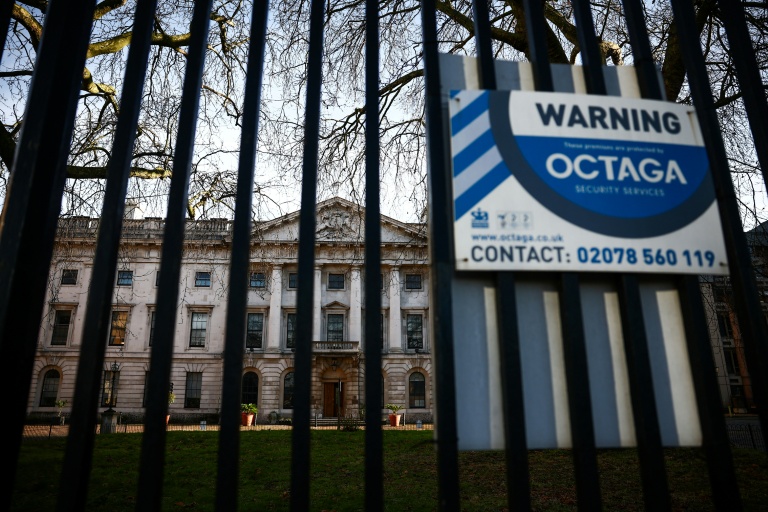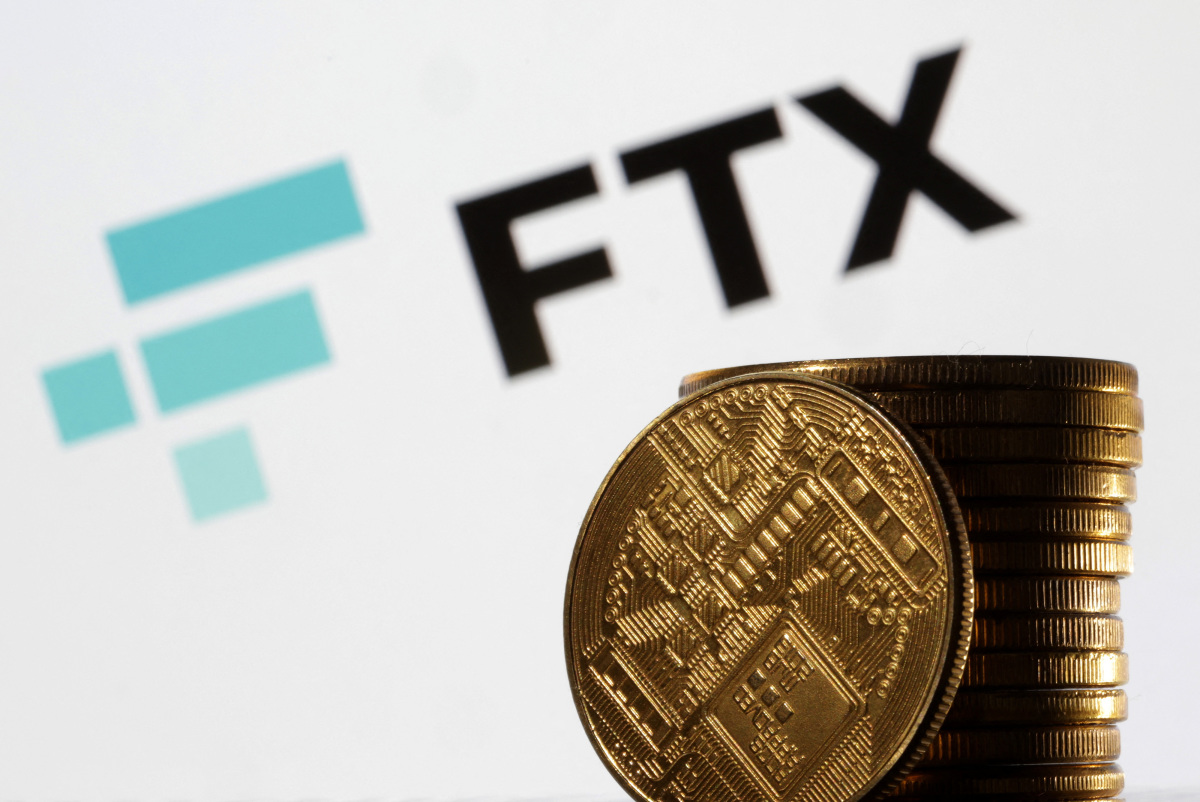KEY POINTS
- Governments can use the platform to manage and customize CBDCs
- It will allow financial institutions to participate in inter-institutional settlement
- Central banks can use the platform to issue both wholesale and retail CBDCs
Ripple is launching a proprietary platform for central bank digital currencies (CBDCs) to allow governments, central banks and other financial institutions to create and issue their own digital currencies.
Government institutions can use Ripple’s platform, described as “a frictionless end-to-end solution,” to manage and customize the life cycle of CBDCs, including minting, distribution, redemption and token burning. The platform will allow financial institutions to manage and participate in inter-institutional settlement and distribution of CBDCs. At the same time, central banks can use the platform to issue both wholesale and retail CBDCs, along with offline transactions, CoinDesk reported.
“Users of digital currencies such as corporate and retail end users will be able to hold their digital currencies securely and be able to pay and receive payment for goods and services in the same way other payment and banking apps provide this today, including for offline transactions and non-smartphone use cases,” Ripple said in a statement.
The platform is an improved version of its Private Ledger (XRPL), which was first launched in March 2021 to issue CBDCs. The platform is based on the same blockchain technology used by the XRP Ledger. At the time, Ripple said the XRP cryptocurrency could “be leveraged as a neutral bridge asset for frictionless value movement between CBDCs and other currencies.”
“Leveraging the power of the same blockchain technology used on the XRP Ledger (XRPL), the enhanced platform will now allow its users to holistically manage and customize the entire life cycle of fiat-based central bank digital currency, transaction and distribution,” the blockchain payments company added.
James Wallis, Ripple’s vice president of CBDCs, said the platform will help solve problems for many central banks and governments “who are devising plans and developing a technology strategy for CBDC Implementations,” according to Decrypt.
He added the platform’s capabilities “will help enable instant settlement of both domestic and cross-border payments, reduce risk, and improve the user experience of quickly sending and receiving digital currency on either side of a transaction.”
A January 2020 survey conducted by the Bank for International Settlements revealed that more than 80% of central banks across the world are keenly interested in CBDCs.
Ripple is looking to demonstrate the potential capabilities of the platform as it partners with Hong Kong Monetary Authority, the city’s de facto central bank, in a digital coin trial run, called the e-HKD. The crypto firm is also collaborating with Taiwan’s Fubon Bank to create a product to tokenize real estate assets and promote equity distribution under the e-HKD pilot program, CoinTelegraph reported.
“All the pilot program partnerships that Ripple previously announced, including Montenegro, Palau and Bhutan, will leverage the CBDC platform,” Wallis noted.
Earlier this week, Ripple announced the acquisition of Metaco, a Switzerland-based cryptocurrency custody company, for $250 million in cash and Ripple equity. The goal was to expand its offerings as the crypto company will be able to keep custody, issue and settle any type of tokenized asset.
“Metaco is a proven leader in institutional digital asset custody with an exceptional executive bench and a truly unmatched customer track record,” Ripple CEO Brad Garlinghouse said in a statement. “Bringing on Metaco is monumental for our growing product suite and expanding global footprint.”







![BGMI game returns to India under strict conditions; close watch on user harm, addiction [details]](https://data1.ibtimes.co.in/en/full/774302/bgmi-banned-india.jpg)